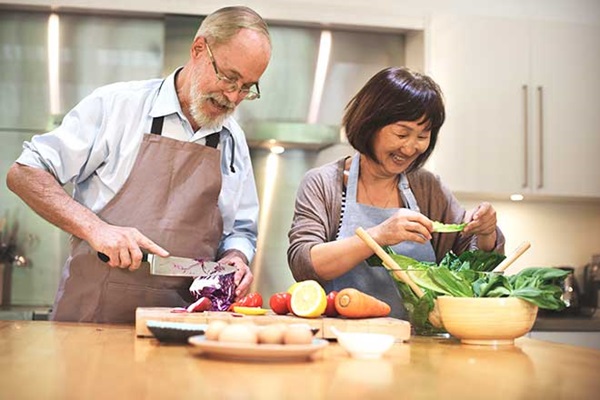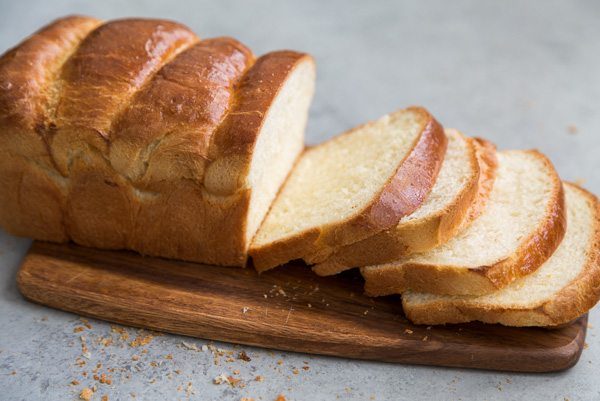Whether it’s for your elderly parents and grandparents, or you’re volunteering at a nursing home, cooking for the elderly can be a fulfilling experience. So it’s important to do a good job by making sure that the meals you’re preparing are not only delicious but also fulfill the dietary requirements of the elderly.
Here are three essentials of senior nutrition to keep in mind when cooking for the elderly.
Incorporate Brain Food
As people age, they often experience a deterioration of cognitive function. This can be due to many factors, including changes in the brain associated with aging.
What many people don’t realize is that diet can play a role in cognitive function. Many nutritionists and dieticians at memory care homes agree that certain nutrients can help to protect the brain and improve cognitive function. Some of the best foods for cognitive function to incorporate when cooking are those that are rich in omega-3 fatty acids, antioxidants, and B vitamins.
Omega-3 fatty acids are found in oily fish like salmon, mackerel, and sardines. They can also be found in certain plant oils, such as flaxseed oil and canola oil. Antioxidants are found in a variety of fruits and vegetables, including berries, dark leafy greens, and tomatoes. B vitamins are found in whole grains, legumes, and eggs.
Choose Foods That Are Easy To Digest
The digestive system changes with age. The stomach produces less acid, and the intestines become less efficient at absorbing nutrients. This can lead to problems like indigestion, constipation, and diarrhea.
For this reason, it’s important to choose foods that are easy to digest. Foods that are high in fiber can be particularly difficult to digest, so when cooking for seniors limit high-fiber foods. Other foods to avoid include those that are high in fat, as these can also be difficult to digest.
Instead, focus on foods that are low in fiber and fat, such as lean protein, and cooked fruits and vegetables.
Increase Fluids
With age comes susceptibility to dehydration. This is because the body’s ability to regulate fluid levels declines with age. Additionally, many medications that seniors take can have side effects that increase the risk of dehydration.
For this reason, it’s important to make sure that seniors are getting enough fluids. The best way to do this through cooking is by incorporating foods that are high in water content, such as cucumbers, and watermelons in soups, stews, and smoothies.
It’s also important to make sure that seniors are drinking enough fluids throughout the day. Water is always a good choice, but low-sugar fruit juices and herbal teas can also be beneficial.
These are three essentials of senior nutrition to keep in mind when cooking for the elderly. Incorporating brain-healthy foods, easy-to-digest foods, and foods high in water content will help to ensure that seniors are getting the nutrients they need.












